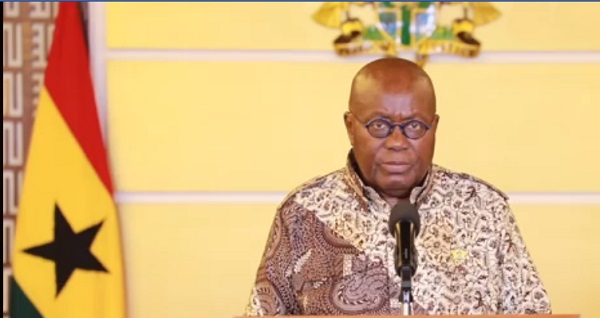
Waiting National Theatre’s Covid show
I raised the possibility of the National Theatre dramatising aspects of the COVID-19 story for people to have a better idea of the disease and its implications.
I am happy to report that the National Theatre has been doing just that – but there is a challenge, which we will get to, soon.
Advertisement
The context for my suggestion and the Theatre’s own intervention is that COVID-19 appears to be an abstract proposition to many people.
The anecdotal and street-level evidence shows a number of people, perhaps the majority, refusing to wear the face mask, for example.
As for social distancing, it appears that people have no idea what it is or why they must do it even if they know about it.

One line of thinking is that because people have not seen real victims of the virus and its effects on them, or because they have not seen a “real” cause-and-effect of the protocols on the management of the disease, people are responding with a lukewarm attitude, if not disdain, to the guidelines.
In line with this thinking, the suggestion arises that television screens could create better awareness by bringing portrayals of scenarios of the effect of the disease and the direct benefits of observing the protocols.
This could help communicate the government’s message in a more vivid and concrete way.
In a phone conversation with Ms. Amy Appiah-Frimpong, the Executive Director of the National Theatre, she related an anecdote that captures the very essence of the project under discussion.

When the President announced the first set of restrictions, the theatre decided to dramatise some scenes to help with public education.
One of the first skits was about how people travelling in trotros and other forms of public transport could get infected by the virus.
The scene was so vividly portrayed that actors who took part in the drama refused to travel to work by public transport the following day!
According to the Executive Director, the Management and Board, which is headed by Nana Fredua
Agyeman Ofori-Attah, have mapped out a strategy to support the government’s communication efforts and have produced over 10 skits that can be shown on television across the country.
As the Theatre itself is affected by the various restrictions, these skits cannot be shown in its auditorium; in any case only a limited number of people would see them if they were to be staged at the theatre.
It is for this reason that the management decided to stage the plays at the theatre for both stage and television.
The challenge which has prevented us from enjoying these creative works is that the National Theatre has no professional recording equipment of its own but has reached out to various television establishments that have recording resources to partner with the NT in order to bring these powerful messages to our screens.
According to Madam Appiah Frimpong one national television station has already recorded some of the episodes but are yet to show them to the public.
She says that the Theatre will work with any organisation that has the capacity to record and show these dramas because the messages they carry are urgently required to help raise awareness in the country.
One cannot agree with her more; we must call on the government to provide resources to help the Theatre in this regard.
The President said it himself that the easing of these restrictions must come with more public education. Indeed, without enhanced public education and awareness, this phase of the management of COVID-19 could backfire.
For example, people are so eager to return to places of worship that if these new guidelines are not continuously explained, they could be ignored.
Given the importance of contact tracing in our strategy, a single violation of the requirement to register all people attending church and mosque, could have far-reaching consequences.
Nothing speaks louder than visuals when it comes to creating and transmitting messages. As the old saying goes, a picture is worth a thousand words.

This is why the National Theatre initiative, which involved dramatisation on TV may be a better bet to create awareness faster and at a quality that is difficult to match by straight narrative or words on paper.
The solution to the lukewarm response to the pandemic information may lie in giving people something to see.
As the Bible puts it spicily, this generation is looking for a sign; the miracle of television transmission may grant us that wish.
[email protected]




